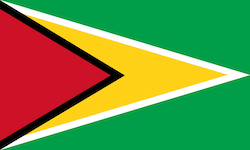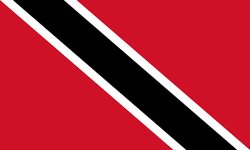Job hunters can find the prospect of meeting with a recruiter daunting, given the perceived ambiguous nature of the interview.
Most recruitment agencies are well-connected to businesses that are eagerly seeking employee and are usually equipped with personnel skilled in offering candidates the personalised attention necessary for gathering the right information. It’s important to put one’s best foot forward when meeting with a recruiter, as their assistance in getting you to that next step may be invaluable.
Here are a few tips for preparing for an interview with a recruiter:
Dress the Part
Although you aren’t exactly meeting with the boss or HR representative at your dream job, remember that the recruiter could very well put you in touch with those persons, based on the interview. The way in which you present yourself at that interview just might get you into another one. The recruiter is only going to refer those candidates in whom he/she is confident in terms of their suitability to the job and the work environment.
Clarity is Key
Operations Manager at Eve Anderson Recruitment, Karen Trim, stresses the importance of clarity–“It helps to know, for example, what specific jobs or industries you either want to work in or have no interest in.” The recruiter would expect for you to be as overt as you can in the interview. You’re more than just your resume and the recruiter will rely on you to explain your expectations and concerns regarding where you’d like to end up. Even if all your desired opportunities are not available at the time, your directness can only serve you well, in addition to making the recruiter’s job a little easier.
Putting it on Paper
Before the meeting, be sure to confirm with the agency on exactly what documents you’ll need. It’s the job of the recruiter to build a comprehensive profile on you, which will inform employers of your attributes. Sometimes, the months go by without you realising that your resume has become outdated–there might be a new course that you took, a contract that came to an end, or simple maintenance so that the resume reads well. Be sure to highlight any unique skills you can leverage, such as any foreign language proficiency or capacity in design and planning. Walk with the most updated version of your resume. Also, don’t discount the importance of additional documents such as examination certificates, qualifications and other accolades and they help to build a fuller image of who you are to prospective employers.
Very Good Advice
Recruiters are there to help you to present yourself in the very best manner possible for maximum appeal to prospective employers. In this capacity, they are called upon to act as coaches and may issue advice accordingly. Don’t feel threatened if he/she suggests that you make adjustments to your appearance, the structure of your resume or other aspects related to the way in which you put yourself forward. Accepting and adopting these suggestions might make or break the way in which you are viewed in the long run. Trim advised candidates to “take time to profile yourself in order to share in the screening interview.”
Keep your chin up!
Bear in mind that recruiters are facilitators and not decision-makers. Vacancies, especially in the present climate, are more limited than ever. Not getting a follow-up call immediately, or even for months after the interview isn’t a sign of ineligibility on your part, but most likely an indication of the current constraints where job availability is concerned. Don’t be disheartened, and remember that it’s also appropriate to follow up with an agency a month or two after the interview.






